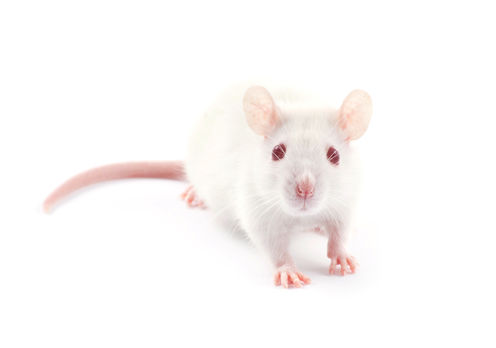Most of us have heard some form of the phrase "live fast, die young" and take it to mean reckless behavior leads to premature death. It certainly does in epidemiology but in science it means that animals with high metabolic rates ("living fast") tend to die sooner than those with slow metabolism. They burn out rather than fade away.
Some experiments have used that to increase longevity. Mice weaned on a starvation diet, for example, live longer, but that is a human rights violation in people. Statistical correlation also links more exercise, and therefore lower metabolic rate in resting conditions, with longevity. The new paper wanted to find out if body temperature was a factor but faced an obvious hurdle; metabolism is often linked to changes in body temperature. Low metabolic rates are associated with low body temperature.
Do those long-lived mice weaned on a starvation diet ling longer because of the lower metabolism or lower body temperature? In this study, the researchers utilized an unusual situation where metabolic rate and body temperature move in opposite directions to try to determine which factor is more important.

When mice and hamsters are exposed to high temperatures, at the top of their thermoneutral zone, their metabolism falls while their body temperature goes up. The researchers used small fans to blow air over the mice and hamsters exposed to high temperatures. This didn't affect their metabolism, but it prevented them from having high body temperatures. This situation reversed the impact of high ambient temperature on their lifespan.
Based on these results, body temperature seems to be a much more important mediator of lifespan than metabolic rate. In mice. But mice are not little people so don't rush to make changes just yet, no matter what corporate media tries to claim from an exploratory study.





Comments